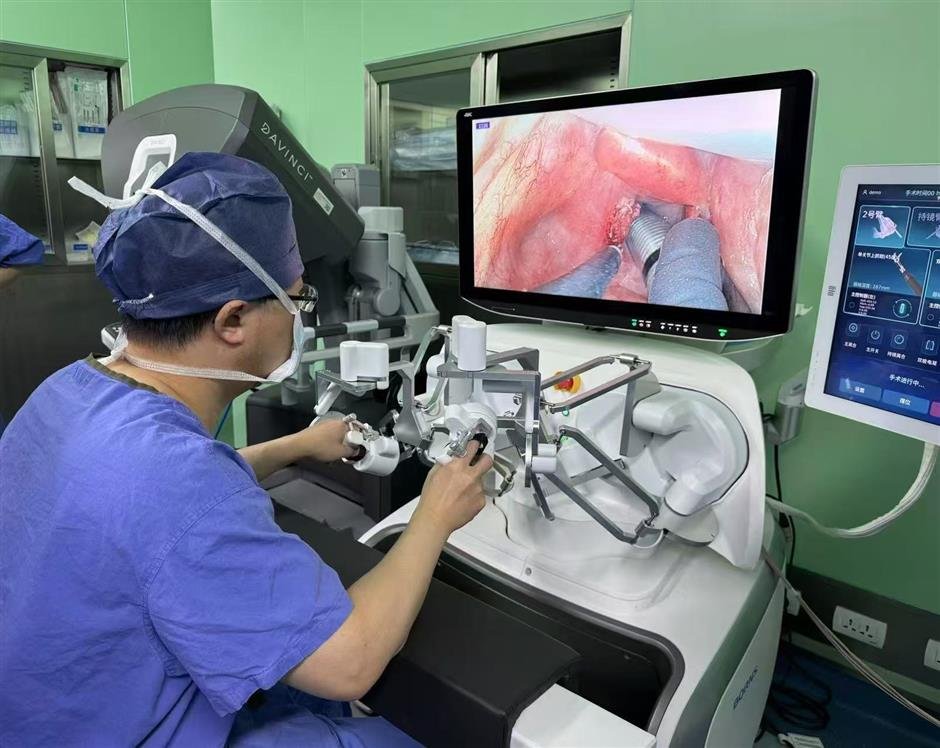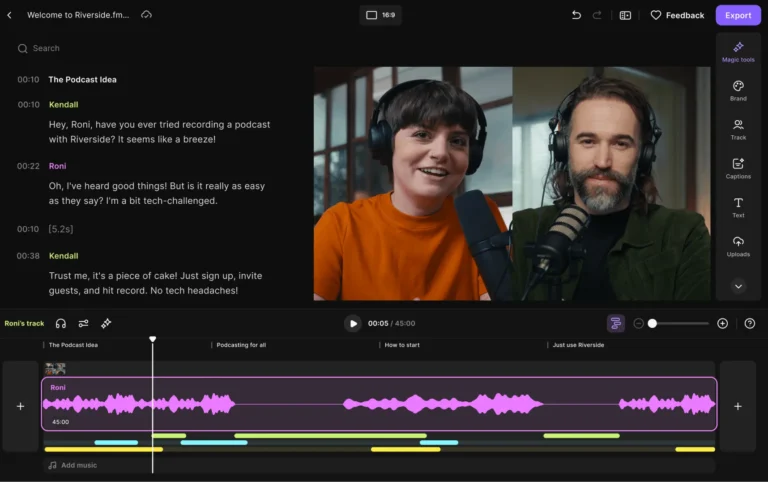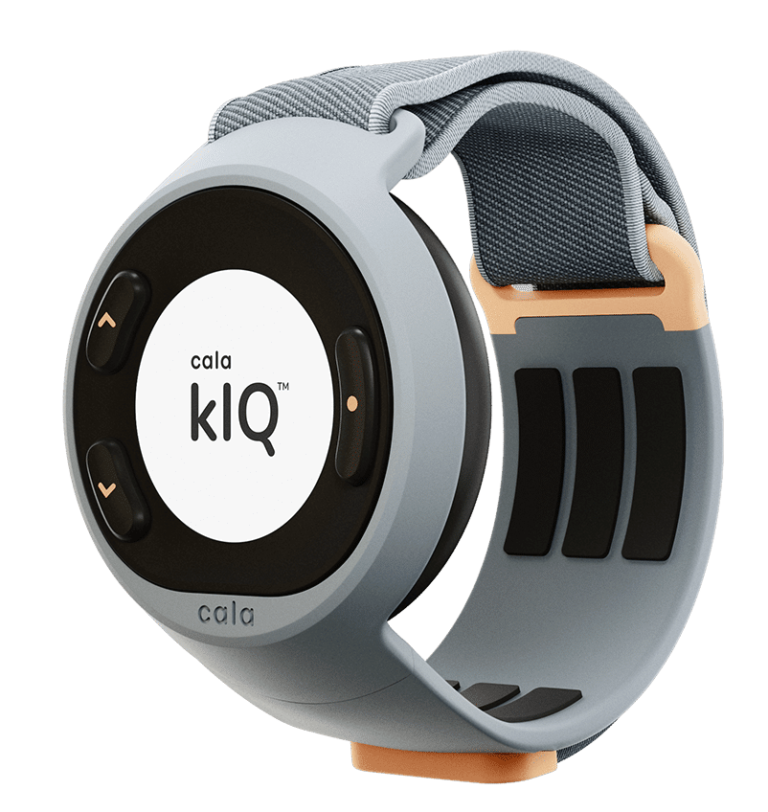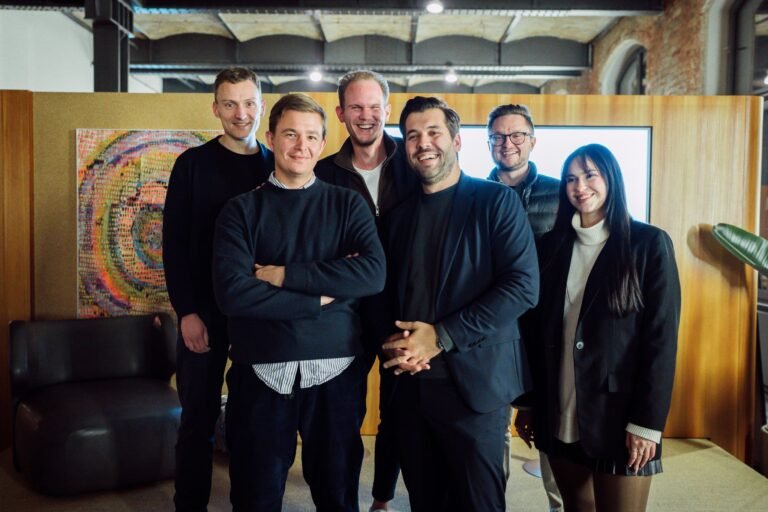Trending Article
Breakthrough in Robotic Surgery: Fudan University’s Revolutionary Transoral Technique
In a remarkable advancement in medical technology, Fudan University’s Eye, Ear, Nose, and Throat Hospital has successfully performed the first domestically designed transoral robotic surgery on a 53-year-old patient diagnosed with early throat cancer. The surgery, which took place on Tuesday, marks a significant milestone in the realm of minimally invasive treatments for cancers located in the head and neck region.

A Pioneering Procedure
Transoral robotic surgery (TORS) represents a cutting-edge approach to treating tumors in areas that are traditionally difficult to access, such as the throat, base of the tongue, and tonsils. Unlike conventional surgical methods, which often require extensive incisions, TORS allows surgeons to reach these tumors through the patient’s mouth using specialized robotic equipment. This technique not only enhances precision but also minimizes trauma to surrounding tissues.
The surgery performed by Dr. Tao Lei and his dedicated team exemplifies the exceptional medical capabilities of local professionals. The operation itself was astonishingly minimally invasive, with less than 1 milliliter of blood loss recorded during the procedure. Following the surgery, the patient is currently in a phase of slow recovery, highlighting the method’s gentleness compared to traditional surgical options.
A Collaborative Innovation
What sets this achievement apart is not just the surgery itself but the collaboration between Fudan University’s medical professionals and a domestic medical robotics company. The development of this surgical system demonstrates a successful fusion of medicine and engineering, showcasing how interdisciplinary efforts can lead to groundbreaking advancements in healthcare.
Dr. Tao Lei emphasizes the significance of this collaboration: “This transoral robotic surgery system is tailored specifically for the complex and curved anatomy of the throat, which enhances visibility, precision, and flexibility during procedures. This is not just a technological achievement; it holds tremendous clinical implications for treating early-stage cancers in the head and neck.”
The Technology Behind TORS
The transoral robotic surgery system developed for this operation represents a remarkable innovation. Unlike other robotic systems available globally, this technology is designed to address the unique challenges posed by the intricate structures of the throat. By enhancing the visibility of the surgical field, it allows surgeons to navigate the delicate tissue with a level of accuracy that is difficult to achieve through traditional means.
Robotic-assisted surgery is known for its ability to preserve surrounding healthy tissue while effectively removing tumors. This is crucial in head and neck surgeries, where preserving vital functions such as speech and swallowing is paramount. The precision offered by robotic instruments enables surgeons to execute complex maneuvers with confidence, thereby reducing the amount of tissue that needs to be excised during cancer operations.
Clinical Implications and Future Directions
The implications of this surgical advancement extend beyond the operating room. With the rise of minimally invasive techniques, patients can expect shorter recovery times, reduced pain, and fewer complications compared to conventional surgeries. This patient-centric approach aligns with the growing trend in healthcare to prioritize not only effective treatment but also the overall well-being of patients.
Dr. Tao Lei points out that this breakthrough has garnered significant interest both domestically and internationally. “There is no equivalent system in the world as of now. Our technology has attracted the attention of medical professionals across the globe,” he states. The success of this procedure may very well influence future surgical practices and techniques around the world.
Expanding Global Reach
In light of this success, the developers of the transoral robotic surgery system are eager to broaden their horizons. Plans are underway to conduct international clinical research and training in countries such as Germany, the United States, and India. By sharing their expertise and technology, the team hopes to foster global collaboration and further refine the applications of their innovative system.
Such endeavors will not only elevate the standard of care in robotic surgeries worldwide but also position Fudan University as a leader in this specialized field. As more healthcare professionals are trained in the use of this technology, the potential for widespread adoption and enhanced patient outcomes grows exponentially.
source shein.cn












Pingback: Scientists Found A New Way Self-Destructs Cancer Cells